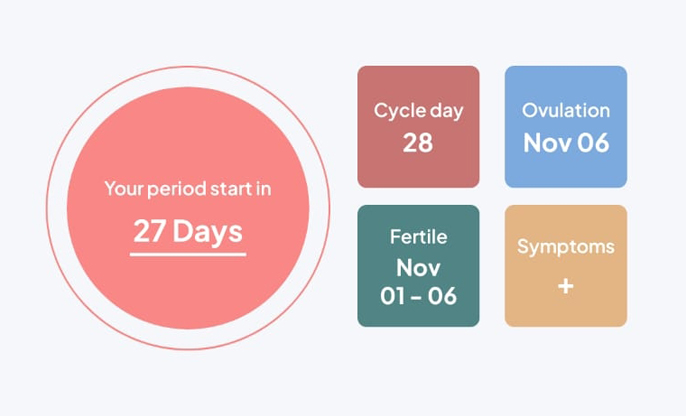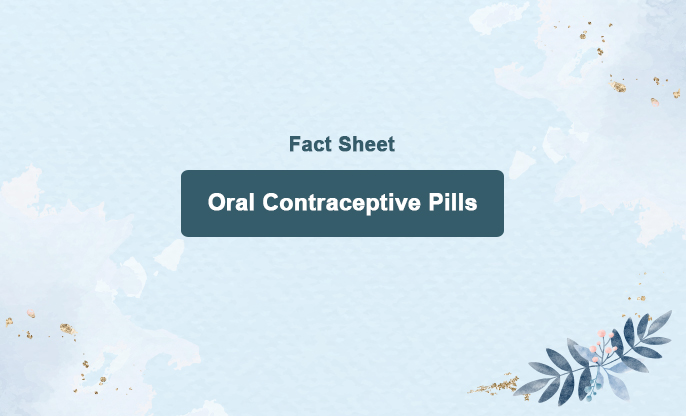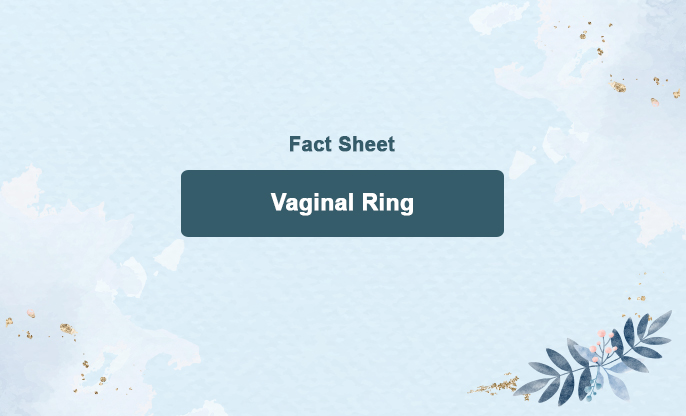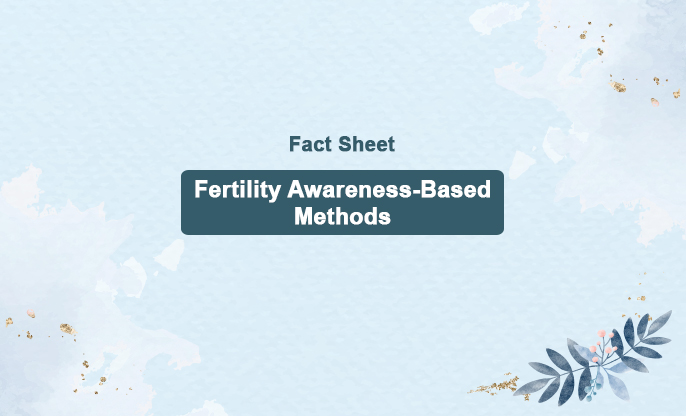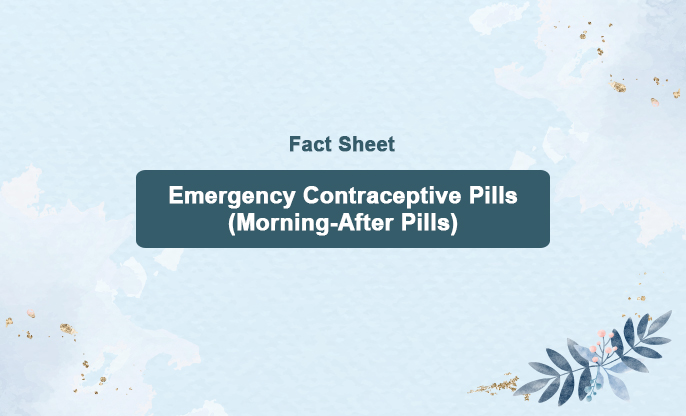
What You Need to Know
Choosing the right contraceptive is a deeply personal decision that impacts not just our bodies but our overall life. With so many options out there, each offering different benefits and potential side effects, it’s important to find the one that aligns best with our individual needs. Let's walk through the essential factors that can help us decide which contraceptive might be the best fit.
Health
Considerations
Our health should always come first. Certain conditions
can influence which contraceptives might be suitable:
● Hormonal Sensitivities: If
you’ve had issues like severe migraines, breast cancer, or a history of blood
clotting, hormone-based methods like the pill, patch, or hormonal IUD might not
be suitable.
● Medical History: Conditions such
as high blood pressure, diabetes, or heart disease may also steer us away from
certain contraceptives, especially those containing estrogen.
● Lifestyle and Health Behaviors: For those of us who smoke, especially women over 35, there’s an increased risk of cardiovascular issues with hormonal contraceptives.
Convenience
How a contraceptive fits into our daily life is hugely
important:
● Daily Routines: Pills need to be
taken daily, which works well for those of us who are good with routines.
● Low Maintenance: Options like the
IUD or implant, which last for months or even years, are great for those of us
who prefer not to worry about daily contraceptives.
● Spontaneity: If you value spontaneity, you might prefer a method that doesn’t require immediate attention before intimacy, such as an IUD or implant, over barrier methods like condoms.
Effectiveness
The effectiveness of a contraceptive is crucial:
● Highly Effective: IUDs,
implants, and sterilization are more than 99% effective.
● Moderately Effective: Methods
like pills, patches, and vaginal rings offer about 91% effectiveness with
typical use.
● Less Effective: Methods relying on precise timing or application, like barrier methods, withdrawal, and fertility awareness, may be less reliable due to human error.
Side Effects
Considering potential side effects is also key:
● Hormonal Side Effects: These
might include nausea, weight gain, mood changes, and irregular bleeding.
● Long-Term Effects: Some
methods might cause longer periods or increased cramping at first.
● Non-contraceptive Benefits: Many contraceptives offer added benefits like clearer skin, lighter periods, and reduced cramps, which could also sway your choice.
Personal and
Cultural Considerations
● Personal Values and Preferences: Your own
beliefs and values can play a significant role in your choice, especially if
certain methods align better with your lifestyle or religious beliefs.
● Partner Involvement: It’s also important to consider how your partner feels about the contraceptive method, especially for methods like condoms that involve mutual participation.
Finding the right contraceptive means weighing medical advice, considering your personal preferences and lifestyle, and understanding potential side effects. A heart-to-heart with a healthcare provider can provide personalized advice based on your health profile and reproductive goals. This careful consideration helps ensure you choose a contraceptive method that not only effectively prevents pregnancy but also fits comfortably into your life, supporting your overall health and happiness.


